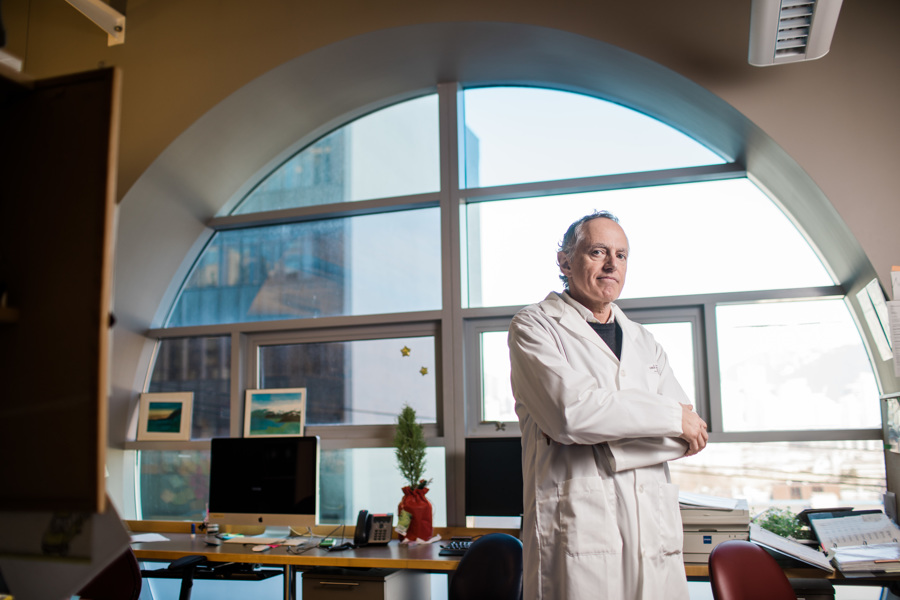Philanthropy, the Ride, and Looking Ahead
July 4, 2012

I believe strongly in the work we do at the BC Cancer Agency, and the BC Cancer Foundation has been extremely supportive of pediatric cancer research through the Ride to Conquer Cancer. I feel well supported in my research here and through my own participation in the Ride, I also feel close to the donor population.
Dollars received from the Ride allow us to explore new areas of research. It is often challenging to obtain funding from external granting bodies for these types of high-risk but potentially high-reward projects, but I believe they ultimately lead to higher discovery rewards.
For me, one of the most exciting research initiatives is in tumour stress pathways. Tumours use stress pathways to survive harsh conditions, including therapy. We are trying to understand what the pathways are, so we can eventually learn to inhibit them. This research initiative wouldn’t have begun without the funding received from the Ride. Recent studies show that stress signaling is very important for allowing tumour cells to adapt to harsh conditions and we believe this bestows increased metastatic capacity to adapted tumour cells. If we can increase our understanding of those pathways, we can come back to our initial goal of targeting metastatic disease, resulting in better clinical outcomes.
Our program is focused on high risk, aggressive childhood cancers and metastatic diseases. A better understanding of metastatic diseases will significantly improve the outcomes for those patients; both in regard to their survival and minimizing the long term side effects of therapies. The genomics side of this project allows us to predict metastatic patients at the time of diagnosis and prevent harsh therapies for patients who are not at risk of metastatic cancers. This distinction is very important for the long-term health of pediatric patients.
We know little about the groups of diseases that are the most aggressive and most difficult to treat, so it makes sense to focus on those areas of research and ask tough questions regardless of how challenging it may be to get the answers.
If you fund childhood cancer research here at the BC Cancer Agency, you also have an opportunity to do something for adult cancers. I hope we can continue to find new and better therapies for pediatric patients, and show how childhood cancers can be a portal to a greater understanding of adult cancers as well.
Thank you for reading this blog and for your support.
Sincerely,
Poul


